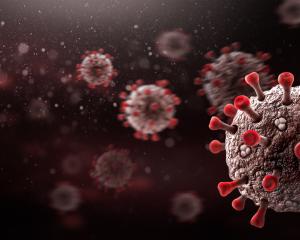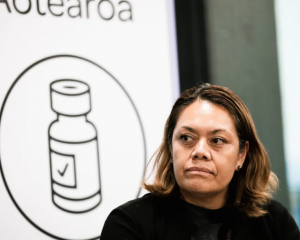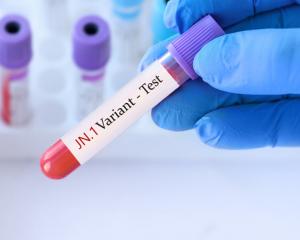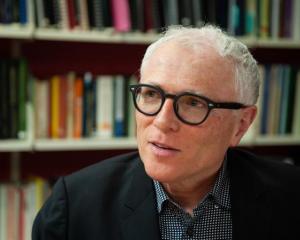Covid-19 Response Minister Chris Hipkins and Director-General of Health Ashley Bloomfield this afternoon provided the latest details about the Grand Millennium worker who tested positive on Monday night for the coronavirus during routine surveillance testing.
Meanwhile, there are three other new cases to report today in managed isolation. The rolling seven-day average of cases detected at the border is five. There are 68 active cases in New Zealand today and 2754 tests processed yesterday.
The Grand Millennium employee and their immediate household members were isolating at their home in Auckland last night.
A change in alert levels was not on the table at this stage.
The employee, a cleaner at an MIQ facility, visited the Mt Roskill Countdown supermarket in Stoddard Rd on Saturday. The person visited from 3pm to 3.15pm that day.
Anyone who was at the supermarket during that time is regarded as a casual contact. They are asked to monitor their health until April 3.
If anyone starts to feel unwell or develop any Covid-19 symptoms they should call Healthline.
The family member who tested 'weak positive' was "under investigation", Hipkins said. They were being re-tested with the results expected later today.
The risk was low to the community, the Minister said, and genomic sequencing results would be released when they came back.
Contact tracing so far revealed "limited" exposure, he said, and the worker remained asymptomatic.
Public health measures remained as important as ever, including washing hands, coughing into elbows and staying home if sick.
"These are all things every New Zealander can do."
This morning, Hipkins said the MIQ worker was "lower risk" because there didn't appear to be many locations of interest or many close contacts.
Since March 1, there have been eight cases at the Grand Millennium, all identified on day zero or day one of their stay.
Bloomfield said airborne transmission is a much more likely cause than surface transmission, and previous cases thought to be surface transmission are now thought to be aerosolised transmission.
He said people in MIQ who test positive usually don't spend more than one night at their hotel.
The MIQ worker received both doses of the Pfizer vaccine, the second dose being administered on March 16.
Hipkins added that the vaccine was not 100 per cent effective and it often takes two weeks after the second dose before it takes full effect.
A vaccinated person has a less chance of ongoing transmission, Bloomfield said.
Effectiveness of the vaccine was continually being looked at, and the key thing is that the vaccine is highly effective at protecting individuals, and protects people collectively when high numbers of people are vaccinated, he said.
The family had not yet been vaccinated.
Bloomfield said the MIQ worker wore a mask at work yesterday and didn't work three days prior to Monday.
Hipkins said the infection prevention protocol including PPE use in MIQ facilities in general were reviewed regularly. The Grand Millennium was last reviewed in January with some "mild" recommendations.
He said the Government did not have concerns around the way the Grand Millennium was operating.
The MIQ worker was being tested fortnightly, but the last scheduled swab for last Thursday wasn't done and was done on Sunday instead.
Bloomfield said there was a reason for that but didn't elaborate.
The family was being spoken to about being moved to the Jet Park quarantine facility in Auckland.
Hipkins said 38,808 vaccines had been administered as of midnight last night, and 4658 of those were second dose vaccines.
More than 90% of border workers had received the vaccine, he said.
The number of daily doses are in the low 2000s at the moment and would ramp up, he said.
Hipkins said over 2200 people had completed vaccination training and there was no issue of vaccination workforce at this stage.
Today is one year since the level 4 lockdown was announced, and Bloomfield said the one thing he would do differently would be to keep a record of what was happening.
He said his memory of the time was "I don't remember people saying 'why'. People understood why. I do recall a sense of relief. There had been a sense of anticipation that things were starting to escalate."










